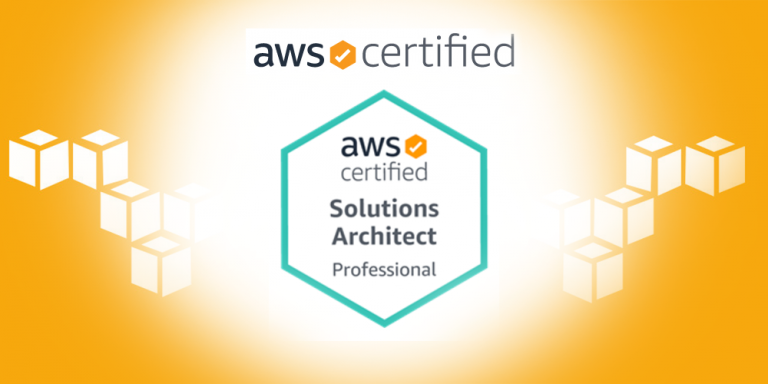Starting a business isn’t easy, and anybody who says that it is is either a genius or a liar. However, starting a business doesn’t have to be the world’s hardest task, and there are some things you should be aware of beforehand that’ll make things easier.
In this article, we’ll be exploring seven things you should know when starting a business. Whether you’re a barista looking to open a coffee shop, a designer looking to open an agency, or even a gambler looking to obtain casino licenses, these tips should come in useful.
1. Don’t quit your day job… yet
Although it might be tempting to go all-in on your latest business venture, it’s definitely worth being on the cautious side as things can change in an instant, and we’d hate for you to be out in the cold should things slow down early on. It’s therefore a good idea to wait a while before giving up your day job to focus on your business full time.
Unless you have enough money in the bank to soak up any losses that might come your way in the early days, having a stable revenue stream is one of the most important things when setting up a business, giving you a way to support yourself while you’re getting the business off the ground.
2. Have a solid business plan
A business plan is one of the most important tools you can have in your arsenal, as it’ll give you a sense of direction moving forward and stop you from straying off course, which is a common problem early on. It’s tempting to keep trying new things when what you should do is stick to what you know.
Additionally, a business plan is absolutely key if you want to secure investment both now and in the future. It demonstrates to investors that you’ve got everything organized and aren’t just winging it on a day-by-day basis, and shows that you have some business smarts about you.
3. Choose the right business structure

This isn’t something you will likely be aware of if you’re new to the world of business ownership, but it’s key if you want to be successful long-term. It will dictate how you take issues such as earnings and tax, as well as how you’re able to fulfill specific legal obligations.
Issues like these should be discussed with a solicitor or business advisor as there can be significant implications regardless of which route you decide to go down. This will become more evident as you scale up and take on staff, and so getting ahead of it now will save you a lot of stress later on.
4. Get insured
Although insurance might not be high up on your list of priorities right at this very moment, it’s an essential asset for any business to have, despite how boring and unappealing the topic might be. Insurance is absolutely business-critical, and you’ll probably be glad to have it one day.
It’ll also come in useful if you want to gain investment, as this is something that banks and investors will look out for. It shows that you’re a reliable business owner who takes their legal and financial obligations seriously, plus you can actually get into a lot of legal and financial trouble without it.
5. Hire the right people
Hiring the right person will make your life infinitely easier once you have the business up and running. These people will be around you for a large part of the day, and you’ll probably end up relying on them for a lot more than you might realize right now.
Although getting the most talented person through the door is obviously very tempting, you also have to make sure that they’re the right fit for your business and how you operate. Although they need to be good at what they do, you have to be able to get along with them and enjoy working alongside them.
6. Know your numbers

You don’t need to be an expert mathematician, but you do need to have a solid understanding of what it takes for a business to be financially successful. You should know what your margins are, what your regular costs are, and how much you owe the tax man at the end of every month/year.
Hiring an accountant will help ease this burden as they’ll do much of the grunt work, although they can only work with what you give them, so there’s still some responsibility for you to do your bit. They’ll help keep you on track and flag issues that should be attended to early on.
7. Have a marketing plan
Marketing is often something that gets forgotten about, but it’s one of the best ways for you to invest in your business and get on the path towards more sustainable growth, especially if you’re looking to get off the ground or are approaching that dreaded three-year mark.
Picking an agency is tricky, but you should always look at what they have on offer and how transparent they are with expectations. A good marketing agency will be upfront with what they can do and what you should expect in return for your investment. It pays to be honest and open.





